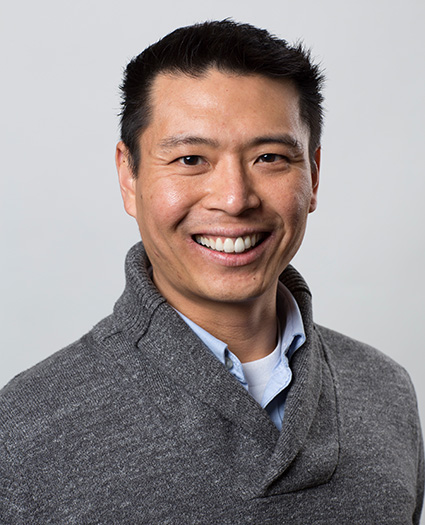Elementary Mathematics and #BlackLivesMatter
by Theodore Chao and Maya Marlowe
Children, not yet aware that it is dangerous to look too deeply at anything, look at everything, look at each other, and draw their own conclusions. They don’t have the vocabulary to express what they see, and we, their elders, know how to intimidate them very easily and very soon. But a black child, looking at the world around him, though he cannot know quite what to make of it, is aware that there is a reason why his mother works so hard, why his father is always on edge. He is aware that there is some reason why, if he sits down in the front of the bus, his father or mother slaps him and drags him to the back of the bus. He is aware that there is some terrible weight on his parents’ shoulders, which menaces him. And it isn’t long—in fact it begins when he is in school—before he discovers the shape of his oppression, (Baldwin, 1985, p. 326).
Welcome (Some of You) to Peace Park
Maya, a veteran elementary educator, talks to her first-graders as they sit on the carpet. Maya’s class is comprised entirely of Black and Latinx children. Maya asks her students to partner up and discuss “What do you think the word ‘fair’ means? What do you think it means to be fair?” After the children talk for two minutes, they share that fairness means “equal,” “you get the same number,” “everyone gets the same amount,” and “sharing.” Maya writes these ideas on the front board, helping her students expand their thoughts about fairness to include “treating everyone with honesty and respect,” “cooperating with people,” and making sure “others are not treated poorly.”
About the Authors
 Theodore Chao is an assistant professor of Mathematics Education in the Department of Teaching and Learning at The Ohio State University. His research agenda involves empowering all students and teachers regardless of social identity (race, gender, socioeconomic status, etc.) to learn and teach mathematics, particularly through technology. He uses Photovoice interviews to explore how mathematics teachers of color connect their mathematics teacher identities with racialized social identities. He also builds mobile app technology to help children share mathematical strategies with each other, opening windows for teachers to listen to their children’s mathematical thinking.
Theodore Chao is an assistant professor of Mathematics Education in the Department of Teaching and Learning at The Ohio State University. His research agenda involves empowering all students and teachers regardless of social identity (race, gender, socioeconomic status, etc.) to learn and teach mathematics, particularly through technology. He uses Photovoice interviews to explore how mathematics teachers of color connect their mathematics teacher identities with racialized social identities. He also builds mobile app technology to help children share mathematical strategies with each other, opening windows for teachers to listen to their children’s mathematical thinking.
 Maya Marlowe is an educator with Columbus City Schools in Columbus, Ohio. She has 18 years of experience as a classroom teacher and eight years as a literacy coach. She is a passionate instructional leader who creates academically challenging classroom environments in which students develop positive relationships with staff and their peers, learn about their culture, and acquire a sense of social justice through the examination of issues that occur in their communities and the world.
Maya Marlowe is an educator with Columbus City Schools in Columbus, Ohio. She has 18 years of experience as a classroom teacher and eight years as a literacy coach. She is a passionate instructional leader who creates academically challenging classroom environments in which students develop positive relationships with staff and their peers, learn about their culture, and acquire a sense of social justice through the examination of issues that occur in their communities and the world.